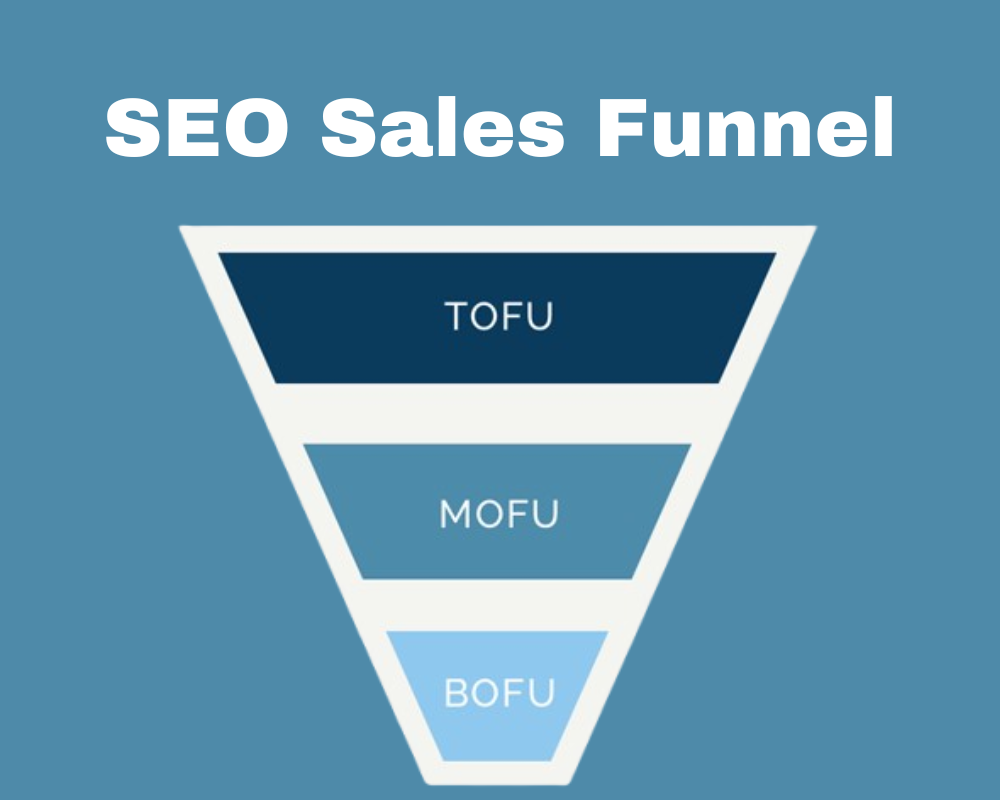Introduction: Why GEO is the Next Big Thing in Digital Marketing
Search is changing and fast. With the rise of generative AI tools like Google AI Overview, Microsoft Copilot, ChatGPT, and Perplexity, users are no longer scrolling through 10 blue links. They’re getting direct, AI-generated answers that pull from multiple sources.
For brands, this shift means one thing: if you’re not part of the AI’s answer, you don’t exist to the searcher.
This is where Generative Engine Optimization (GEO) comes in a strategy designed to help your brand, products, and content appear in AI-generated responses.
If SEO was about ranking in search engines, GEO is about ranking in the answers themselves.
What is GEO?
Generative Engine Optimization (GEO) is the practice of optimizing your brand’s content so it is understood, trusted, and referenced by generative AI models when they create answers.
Instead of just targeting search engine result pages (SERPs), GEO focuses on influencing AI-driven summaries, snippets, and conversational answers.
This includes optimizing for:
- Google AI Overview
- ChatGPT browsing responses
- Bing Copilot
- Perplexity AI
- Anthropic Claude AI
- Other AI-powered search assistants
GEO vs. SEO — What’s the Difference?
Traditional SEO and GEO share a goal, visibility, but their tactics, ranking factors, and outputs differ.
| Factor | SEO | GEO |
| Goal | Rank high on search results pages | Be cited/referenced in AI-generated answers |
| Primary Interface | SERPs (lists of links) | Conversational responses, summaries, direct answers |
| Key Ranking Factors | Keywords, backlinks, technical SEO | Structured data, factual accuracy, E-E-A-T, brand mentions in trusted sources |
| Measurement | Traffic from search engines | Brand citations in AI outputs, AI visibility share |
| Optimization Scope | Pages & keywords | Entities, facts, datasets, semantic relevance |
Why GEO Matters for Your Business
If you rely on search visibility for leads, sales, or brand awareness, ignoring GEO is risky.
AI Answers Are Replacing Clicks
Recent studies show 40% of users engaging with AI Overviews never click through to a website. If you’re not in the AI’s source set, you lose visibility.
Early Adopters Win Long-Term
Like SEO pioneers in the early 2000s, brands that adapt to GEO now will secure more AI citations and build lasting trust with these systems.
Cross-Sector Opportunities
Whether you’re in healthcare, finance, or construction, GEO can:
- Position you as a trusted expert source.
- Increase brand mentions in high-intent answers.
- Shorten the buyer journey by providing authoritative insights directly in AI responses.
How GEO Works
GEO optimization involves three interconnected strategies:
Data & Entity Optimization
- Ensure your brand, products, and experts are clearly defined as entities in structured data (Schema.org, Wikidata, industry directories).
- Keep facts consistent across the web to avoid AI confusion.
Trust & Authority Building
- Publish factually accurate, well-cited content with expert authorship.
- Get your brand mentioned on high-authority, AI-trusted domains (news outlets, industry associations).
AI-Friendly Content Formats
- Use clear, concise answers for FAQ-style queries.
- Include statistics, definitions, and step-by-step guides that AI models can easily extract.
GEO for Healthcare, Financial, and Construction Sectors
BSPKN specializes in Creative, Digital, and Development services for regulated and complex industries. Here’s how GEO applies to your key sectors:
Healthcare
- Target queries like: “Best patient engagement strategies” or “HIPAA-compliant marketing tools.”
- Provide medically reviewed, fact-checked content with citations.
- Use structured medical vocabularies (ICD, SNOMED) for AI context.
Financial
- Focus on compliance-friendly content: “Small business loan application process,” “Wealth management strategies for 2025.”
- Include regulatory references (SEC, FINRA) to increase trust.
- Use case studies with anonymized data to prove ROI.
Construction
- Answer project lifecycle queries: “Best materials for sustainable buildings,” “Commercial construction timelines.”
- Provide visual diagrams and timelines for easy AI parsing.
- Include local compliance codes where relevant.
Key Benefits of GEO
- Higher AI Citation Rates: Appear in AI-driven summaries and recommendations.
- Brand Authority: Position your business as the go-to source for trusted answers.
- Lead Quality: Reach buyers at the moment of decision-making.
- Future-Proofing: Stay ahead as search continues to evolve toward conversational AI.
How to Implement GEO
Audit Your Current Entity Presence
- Search your brand name in ChatGPT, Perplexity, and Google AI Overview.
- Note accuracy, mention frequency, and missing facts.
Create AI-Optimized Content
- Focus on clear definitions, statistics, and authoritative statements.
- Use semantic SEO tools (e.g., Surfer, Clearscope) to match AI’s contextual needs.
Build High-Trust Citations
- Get featured in reputable media and industry sites.
- Ensure your leadership team has strong LinkedIn profiles with thought-leadership content.
Track & Measure GEO Success
- Use tools like Semrush AI Overview tracking, Otterly.ai, or Athena to monitor brand mentions.
Common GEO Mistakes to Avoid
- Keyword stuffing instead of semantic optimization.
- Inconsistent facts across web sources.
- Publishing content without expert attribution.
- Ignoring multimedia formats like videos, diagrams, and infographics.
The Future of GEO
Generative AI is evolving toward:
- Personalized AI search results based on user behavior.
- Multi-modal answers (text + image + video in one AI-generated result).
- Deeper integration into daily workflows (voice assistants, AR search, wearables).
Brands that adapt to GEO now will be front and center in these AI-driven experiences.
FAQs About Generative Engine Optimization (GEO)
-
How does GEO work?
Generative Engine Optimization works by making your brand’s content easily discoverable, trustworthy, and reference-worthy for AI models. This involves entity optimization, structured data, and factually accurate, authoritative content that AI tools like ChatGPT, Perplexity, and Google AI Overview can use in their answers.
-
Is GEO replacing SEO?
No, GEO is not replacing SEO, but it is becoming a necessary complement. Traditional SEO focuses on ranking in search results, while GEO focuses on ranking in AI-generated answers. Businesses should implement both to maximize visibility.
-
How do I optimize for AI Overview?
To appear in Google’s AI Overview, ensure your content:
- Is factually accurate and easy to extract.
- Includes clear, concise answers to common questions.
- Uses structured data and relevant schema markup.
- Is published on authoritative, trusted domains with backlinks from industry leaders.
-
What industries benefit most from GEO?
While GEO benefits all industries, it is especially powerful for:
- Healthcare (trusted medical content, compliance-focused marketing)
- Financial Services (regulation-friendly advice, investment guides)
- Construction (project timelines, sustainability practices, compliance details)
-
How is GEO measured?
Unlike SEO’s click-based metrics, GEO success is measured by:
- Brand mentions in AI-generated answers.
- Citation frequency across generative engines.
- Accuracy of brand-related facts in AI responses.
- Impact on lead generation and brand authority.
-
How do I start with GEO?
Start with a GEO Readiness Audit:
- Check where and how your brand appears in generative AI outputs.
- Fix factual inconsistencies.
- Optimize content for AI extraction.
- Build citations on authoritative industry platforms.
Pro Tip: GEO is still in its early adoption phase, brands that start now will have a first-mover advantage as generative search becomes the norm.
Conclusion
Generative Engine Optimization isn’t replacing SEO, it’s the next layer of search strategy. By ensuring AI models know, trust, and reference your brand, you’re securing visibility in the conversations and answers that shape decisions.
BSPKN Directive can help your healthcare, financial, and construction brand become an AI-recognized authority with creative, digital, and development strategies built for the generative era.



